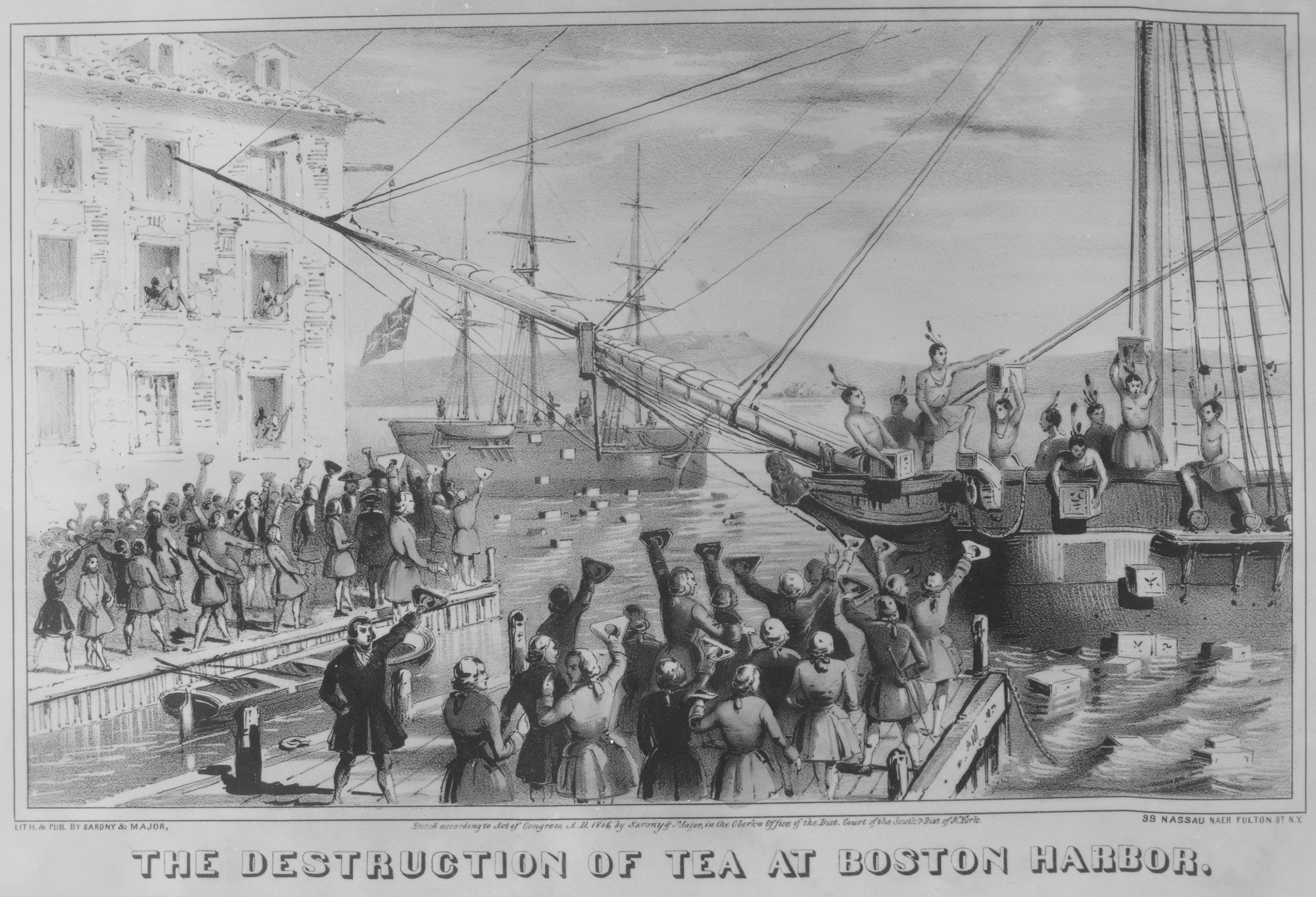Naming the Crisis
How will future generations refer to the current financial crisis? When my grandchildren open up their history textbooks (assuming we still have such archaic things as textbooks, history classes, schools, or progeny), what will this event be called? A seemingly simple, parlor-game question actually sparks far more interesting issues of historical memory and commemoration.
That the Great Depression is called "The Great Depression" speaks to its severity and trauma within our national psyche. Much like the unseen, shadow-lurking monster of a horror movie, it's lack of specificity (time, place, duration) makes it that much scarier. Was the Panic of 1873 originally referred to with a similarly ominous lack of specificity, and only later refined to make room for the more recent, "Great" depression? Does popular memory only have room for a handful of superlative events? Most people no longer refer to World War I as the Great War (or the the even less-accurate-in-hindsight "War to End All Wars"), precisely because it was eclipsed by World War II. Suddenly, assigning the "Great" label to WWI would seem like a disservice to the massive tragedy of WWII. One hopes that today's credit crisis does not reach the epic proportions to similarly displace the saga of the 1930's as our nation's new Great Depression.
At what point do events transcend from being a present reality to a past event? This is an ongoing question for historians, but one that aptly fits to any major current event. There are some events that have a sharp and declarative starting and ending points (think 9/11 or JFK's assassination). These seem to move into the realm of the past with a great degree of ease. Although Americans lived in a state of fear for the days and weeks after 9/11, waiting for another terrorist attack, the day itself seemed to become a memorialized event rather quickly. On the other hand, a small minority might argue (particularly Bush apologists) that 9/11 was actually the commencement of an ongoing war on terror, and therefore is not even in our past.
Even clearly bounded events can become murky within popular memory. One historical study of such an event that I particularly liked was Alfred Young's The Shoemaker and the Teaparty: Memory and the American Revolution, which uses the life and experience of one relatively minor player in the Boston Tea Party to examine both the event itself and how it came to be commemorated. Young describes how the "Boston Tea Party" was not in fact called by this name until the 1830's. Today it is one of the most well-known non-military events in popular American lore:
At the other end of the spectrum are those events that are not in fact events, but broader movements, transformations, or even eras. Naming these events proves just as problematic. "The Roaring Twenties" might have indeed been roaring, but has the name stuck primarily because of its contrast to the decades bracketing them? "The Gold Rush," while colorful in every sense, uses a somewhat narrow term to describe a much broader movement of people. Some labels seem to come easier - "The Cold War" is about as widely-used and definitive as any other major era in American history. In comparison, we have yet to assign a commonly accepted moniker for the prosperous years of the 1990's, beyond maybe the Clinton Years.
The question remains: what will the name become for the current financial crisis? Will it be "The Global Financial Crisis of 2008" (according to Wikipedia)? "The Global Credit Crisis"? "The Banking Collapse"? Hopefully not "Armageddon" or "The End of America". Naming the crisis will depend largely on the future - its duration, severity, and scope. Regardless, it is probably too late to hope that it will pass into the historical annals of minor events too unimportant to name. For better or for worse, it marks a turning point in American history.
